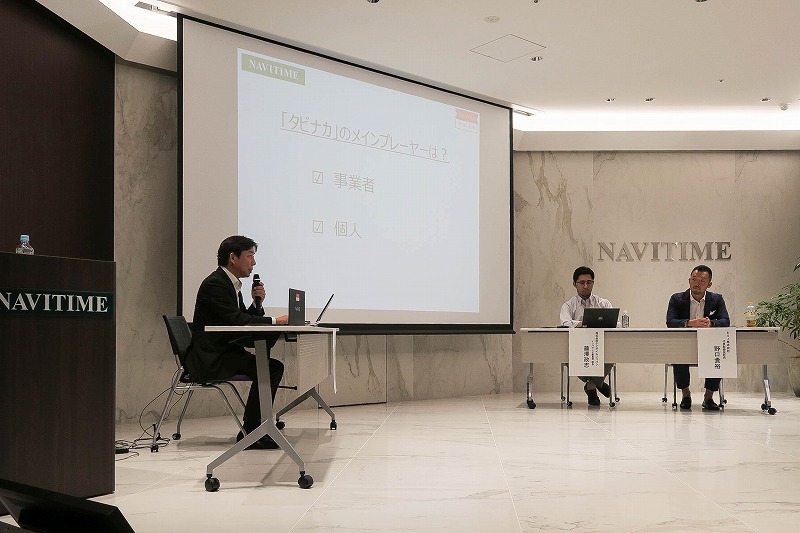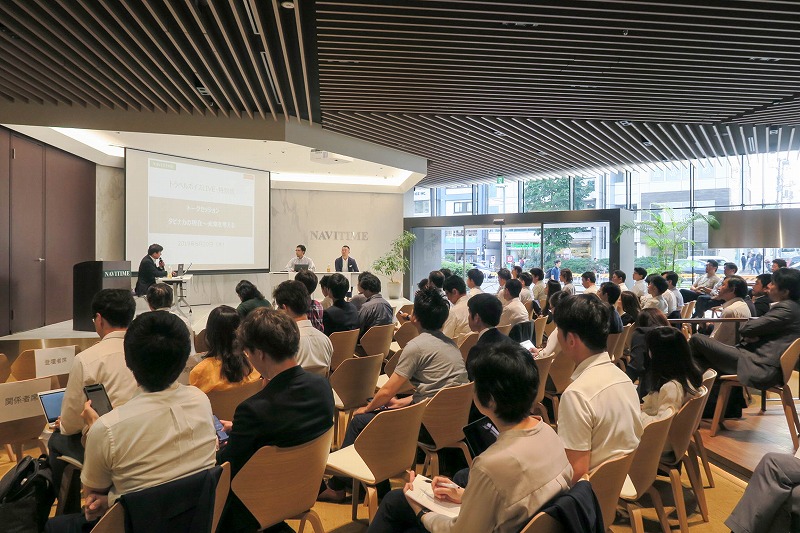
Travel Voice and NAVITIME Japan jointly organized Travel Voice LIVE to discuss a theme of ‘Now and future of in-destination business,’ joined by XEPEISUS, a local activity platform targeting international luxury travelers and BOJ, a local activity provider for international visitors to Japan.
Masashi Fujisawa of NAVITIME Japan pointed out that travelers’ mindsets change in a destination, while their needs before traveling do not change. Based on search data on its drive app ‘Drive Hokkaido!,’ major sightseeing spots are searched before traveling, but words inspired in traveling or necessities, such as dining or rest, are more searched in a destination.
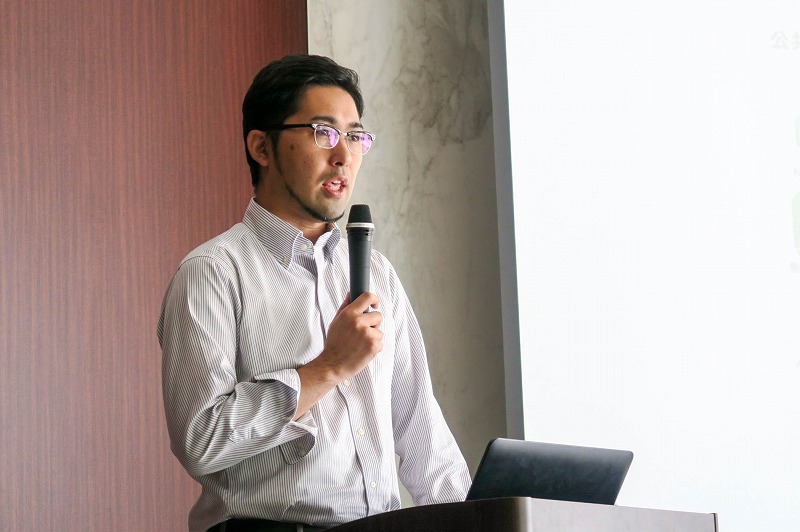 Masashi Fujisawa of NAVITIME
Masashi Fujisawa of NAVITIMEFujisawa said, “Many travelers do not know what they can do in a destination.” According to travelers’ behaviors on NAVITIME Travel, the NAVITIME booking and planning service platform, plans roughly are decided before traveling, and then details are decided in a destination based on atmosphere or feelings of the time. Fujisawa emphasized that pinpoint information delivery in a destination can be a great opportunity to attract guests.
BOJ has been raising its popularity among international visitors because it provides unique and original local experience plans. “It is important to put value added on keywords of ‘Something unique,’ ‘Something different’ and ‘Something new,’ which are demanded by international visitors,” Takahiro Noguchi, BOJ President, said. “For originality, storytelling and entertainment are needed.”
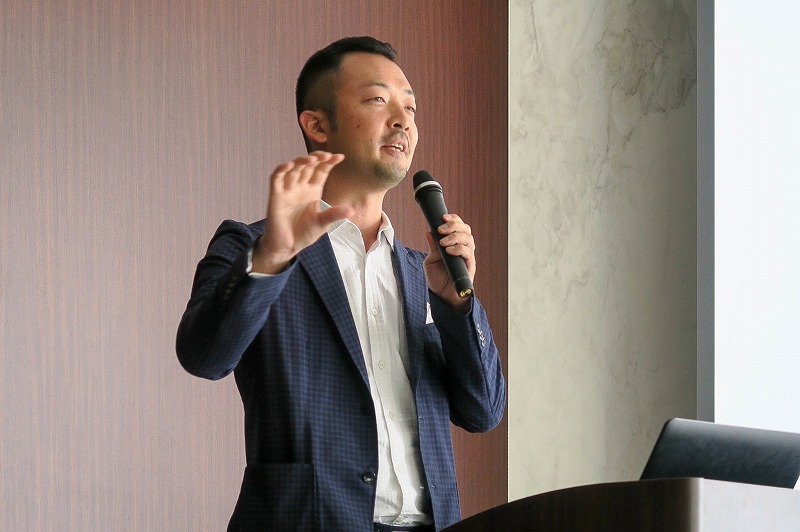 Takahiro Noguchi, BOJ President
Takahiro Noguchi, BOJ PresidentXEPEISUS specializes in the high value experience, which seems to be only a high profitable space in the travel industry. Tomoyoshi Maruyama, XEPEISUS President said, “Japanese population is reducing, but wealthy population is increasing globally. We enter the market with an increase in targeting population and high profitability.” Maruyama, however, revealed that the business still has unsolved issues because of no competitor.
The XEPEISUS vision is to create a scheme to inherit Japanese cultures to 100 years later. “Reduction of population equals reduction of cultural heritages. Inheritance of our tradition can be supported by international visitors,” Maruyama said. “If we unfairly reduce price, it may diminish cultural values. If we offer a luxury experience at 500,000 JPY, for example, we need to put reasonability on the price.”
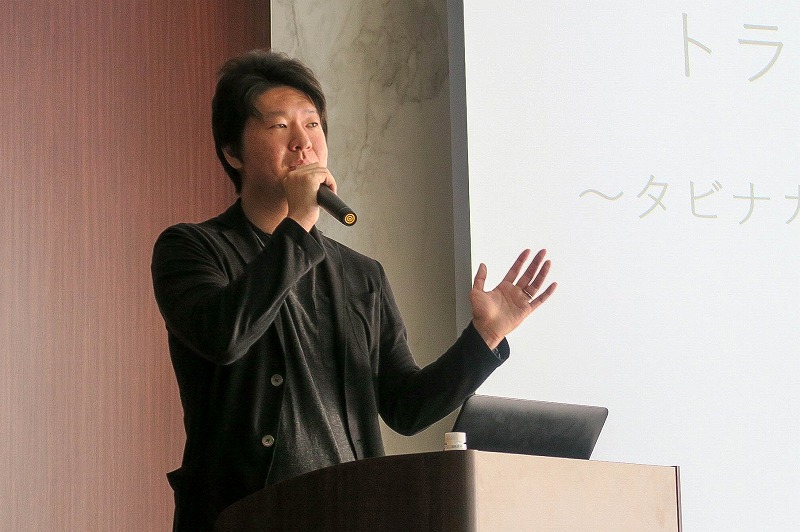 Tomoyoshi Maruyama, XEPEISUS President
Tomoyoshi Maruyama, XEPEISUS PresidentKoji Tsurumoto, Travel Voice CEO, explained that growth of the in-destination business mainly results from penetration of mobile phone, growth of sharing economy and expansion of SNS. The in-destination industry is growing, including active business development by startups, such as Hong Kong-based Klook, but there is no major mete-search platform yet.
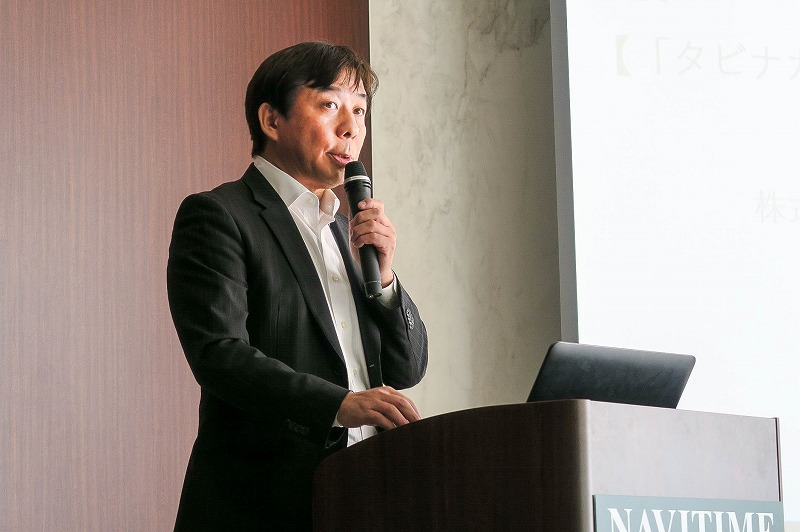 Koji Tsurumoto, Travel Voice CEO
Koji Tsurumoto, Travel Voice CEOBOJ Noguchi pointed out an issue of online distribution for in-destination suppliers, saying that they sometimes hesitate to partner with OTA for distribution because of low unit price as well as last-minute cancellation.
NAVITIME Fujisawa said that in-destination products in Japan are basically designed for Japanese travelers, which may be different from what international visitors want, citing an example that international rent-a-car users start driving early morning, but it is hard for them to find local activities or even breakfast. “If more activities can be offered in the morning or in the night, hours spent on site by international visitors will surely increase,” he added.
Travel Voice Tsurumoto added, “I believe that the next trend is spending for time, following spending for goods and spending for things to do. If you can capture needs in that moment, you can increase yield.”
